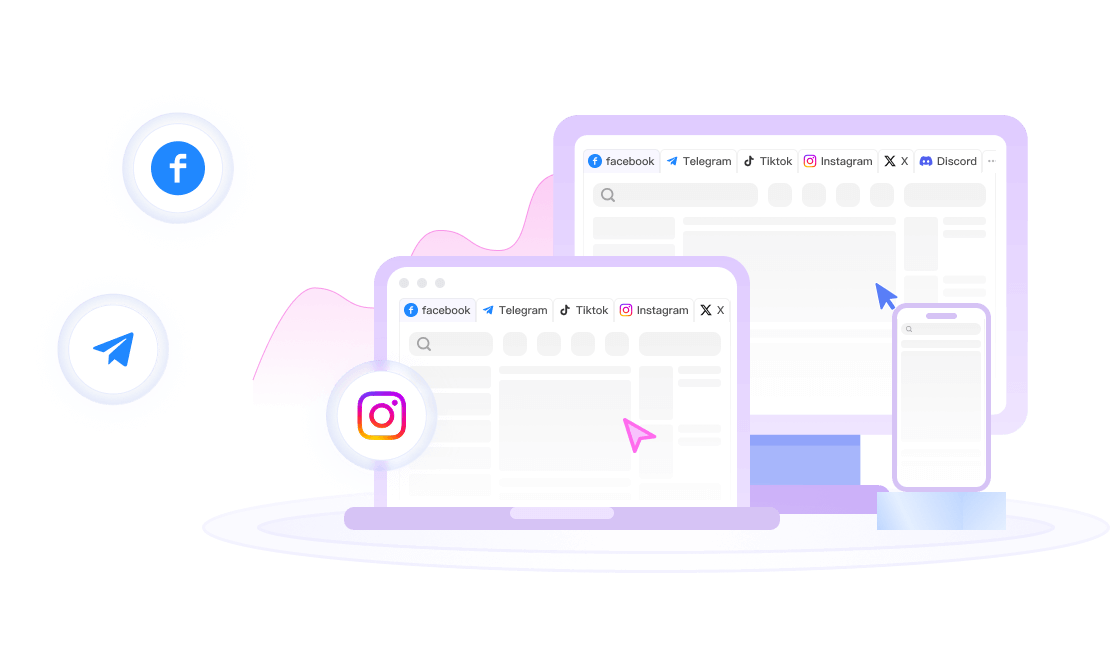10 Questions and Answers about “What is my IP”
An IP address is fundamental to being online, but what is it exactly? Does it compromise your privacy? This guide answers it all in 10 questions.
1. What is an IP address?
An IP (Internet Protocol) address is a unique numerical label assigned to each device on a network. It acts like a “mailing address” for the internet, ensuring data is sent to your computer or phone correctly.
2. What’s the difference between IPv4 and IPv6?
IPv4 is the older version, with about 4.3 billion addresses, which are now mostly used up. IPv6 is the new standard with a virtually limitless number of addresses (around 340 undecillion) to accommodate the growing number of devices on the internet.
3. Which IP do “What is my IP” tools show?
These tools typically show your Public IP Address. This is the address assigned to you by your Internet Service Provider (ISP), and it’s what the rest of the internet sees when you browse websites.
4. What’s the difference between a Public IP and a Private IP?
- Public IP: Assigned by your ISP, globally unique, and used for communication on the internet.
- Private IP: Used within your local network (like home or office Wi-Fi), such as
192.168.1.x. It’s not visible on the internet and allows multiple devices to share a single public IP.
5. Does my IP address change?
Usually, yes. Most home users are assigned a dynamic IP address, which changes periodically (e.g., when you restart your router). A static IP address remains the same and is typically used by businesses or servers that need a consistent address.
6. What can someone learn from my IP address?
Your IP address can reveal your general geographic location (usually city or region, not your precise home address) and your Internet Service Provider (ISP). It does not directly expose your name or personal identity.
7. Why would I need to know my IP address?
Knowing your IP is useful in certain situations, such as:
- Remotely accessing a computer or device at home.
- Setting up an online gaming server.
- Troubleshooting network issues.
- Verifying if your VPN or proxy is working correctly.
8. How can I hide or change my IP address?
The most common methods are using a VPN (Virtual Private Network) or a Proxy Server. They route your internet traffic through an intermediary server, masking your real IP with the server’s IP address.
9. Does my phone have an IP address?
Yes. When connected to Wi-Fi, it has a private IP. When using mobile data, your mobile carrier assigns it a public IP address (often shared with other users).
10. Is hiding my IP address enough for privacy?
Not entirely. Hiding your IP is just the first step. Websites also use a technique called “browser fingerprinting” to track you by creating a unique identifier from your device’s information (like OS, browser, fonts, resolution, etc.).
Beyond IP Hiding: Protect Your Full Digital Identity with FlashID
Knowing and managing your IP address is a crucial first step toward online privacy. However, to be truly anonymous online, hiding your IP is not enough.
Websites today are increasingly sophisticated, employing browser fingerprinting to identify and track you. They analyze dozens of parameters—your operating system, browser version, installed fonts, time zone, and screen resolution—to create a unique digital signature. Even if your IP address changes, your fingerprint often remains the same, allowing platforms to recognize you.
This is where a powerful fingerprint browser like FlashID becomes essential. FlashID allows you to create multiple, completely isolated browser profiles on a single computer. Each profile has a unique and authentic digital fingerprint, making each session appear as if it’s from a different device. This effectively prevents platforms from associating your accounts, protects you from advanced tracking, and is the perfect tool for multi-account marketing, e-commerce operations, and securing your true digital identity.
You May Also Like
